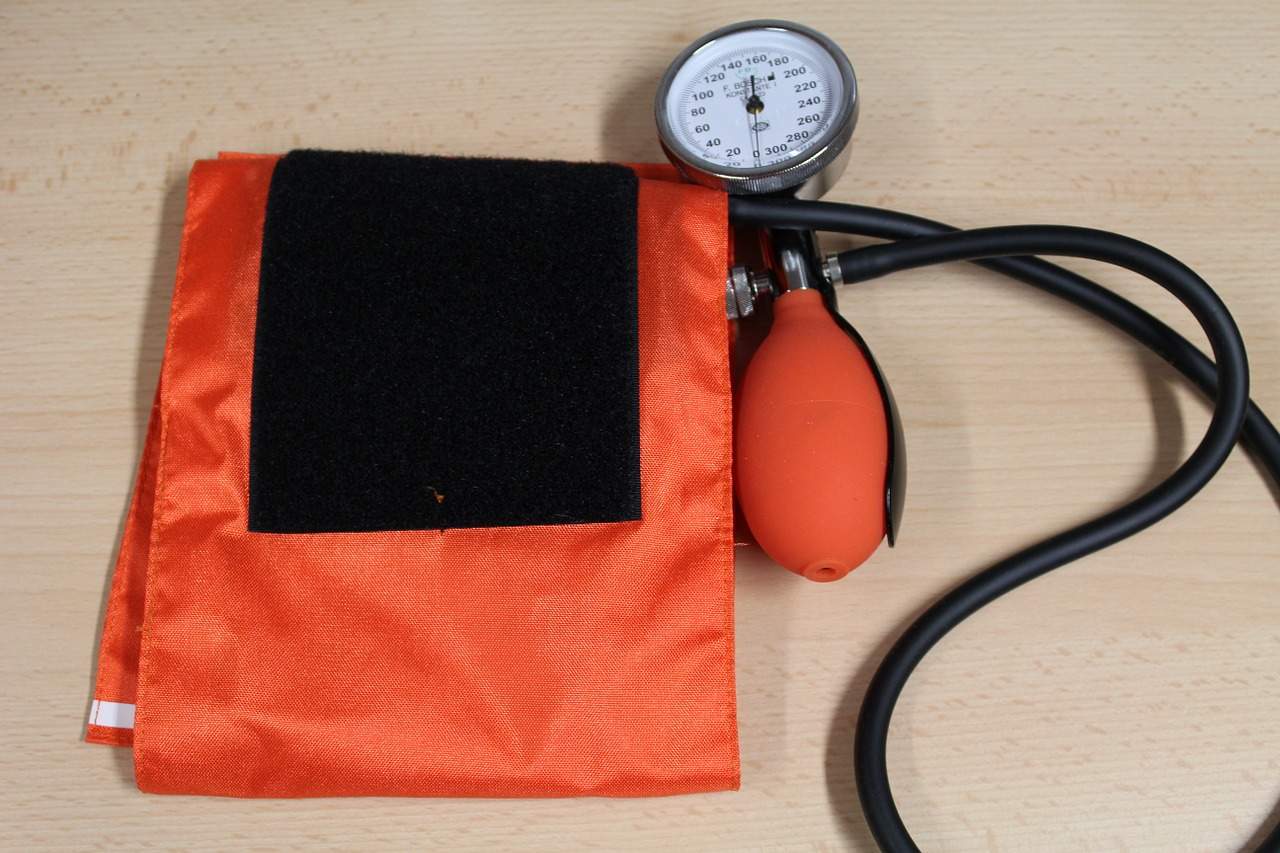Veterans are critical for the health and wellness of all Americans throughout the United States. Without our fellow servicemen, stop to think about where we might be today. The hard work and extreme dedication that comes with their integrity and perseverance can be appreciated each and every day. As we wake up each morning in a free country, we should stop to think about why we enjoy the freedoms that we do each day. We sometimes take our safety and well-being for granted, because it’s been commonplace since we were born.
Now, more than ever, it’s important that we show appreciation and learn more about some of the types of disabilities that veterans may deal with. Are there specific health issues veterans may have that we should become more aware of? Are there things as a society that we can be doing to volunteer and assist in aiding our veterans well being?
Below we will discuss health and disability issues that can be found amongst our veterans, as outlined by the Law Offices of Ball Johnson:
PTSD- Commonly known as post traumatic stress disorder, can arise from a series of traumatic or dangerous situations within one’s lifetime. These events can occur while veterans are at war, and can even occur to other non-veterans who have experienced a hardship or horrific event in their lifetime. For those with PTSD, flashbacks and difficulty remembering things can be common.
Migraines- Migraines are severe headaches that occur from various things in one’s lifetime. Intense head throbbing, and pains within the forehead area can result from migraines, which can last for several hours, to even one week. For veterans, migraines may have been caused by an injury while in service, or they may be experienced after service. It’s important to note that benefits are available for those who may experience this type of trauma.
Defective Hearing- Defective hearing is common among many older veterans who have served several years ago. Though it is also not uncommon in younger veterans, defective hearing can pose a large challenge in daily life after returning home from war. Consistently loud noises while in battle can be a direct result of defective hearing. It’s important to consider the challenges that an individual could face as a result of experiencing defective hearing, or even becoming deaf. It makes communication and collaboration with others on a daily basis much more difficult, especially if someone who is aware of their health condition isn’t nearby.
High Blood Pressure- High blood pressure results when the pressure of blood is higher than normal within the arteries of the body. This is commonly the result of experiencing a high level of stress while at war. When high blood pressure is experienced, the heart is forced to pump blood throughout the body at a much harder rate than it normally does. As a result, this health condition can cause heart attacks and strokes if not properly treated. This is a condition that is able to be maintained, however it may be difficult to identify if a veteran does not visit his/her primary doctor on a regular basis.
Veterans also experience a large number of health conditions after returning home from war. Some of these may include knee and back problems, arthritis, and many other mental health problems as a result of their experiences. As a non-veteran, it’s important to recognize the health conditions that vets commonly experience after serving to protect the freedoms in which we enjoy on a daily basis. The next time you are out, make positive changes that can affect the wellbeing of veterans. Stop and assist them if they are having difficulty communicating with a store associate when making a purchase, because they could be having hearing deficiencies. Avoid confrontation with veterans, because they may be experiencing PTSD. Offer to help elderly veterans cross the street, because they may experience high levels of anxiety. Take a moment to appreciate our veterans, and assist them as much as possible. Be sure you are always considering the hidden health conditions they may be dealing with.
Recent Posts
- Castor Oil For Better Hair Growth: Is It Myth Or Fact?
- Exploring the Differences Between Sermorelin, Ipamorelin, Ibutamoren, GHRP2, and GHRP6: Understanding Their Role in Human Growth Hormone Regulation
- Unraveling the Mystery: Understanding the Causes and Prognosis of Ventricular Tachycardia Without Apparent Heart Disease
- Understanding Grandparents’ Rights in Oklahoma: Navigating Visitation and Legal Protections
- 10 Reasons to Consider Hypnotherapy for Your Health

